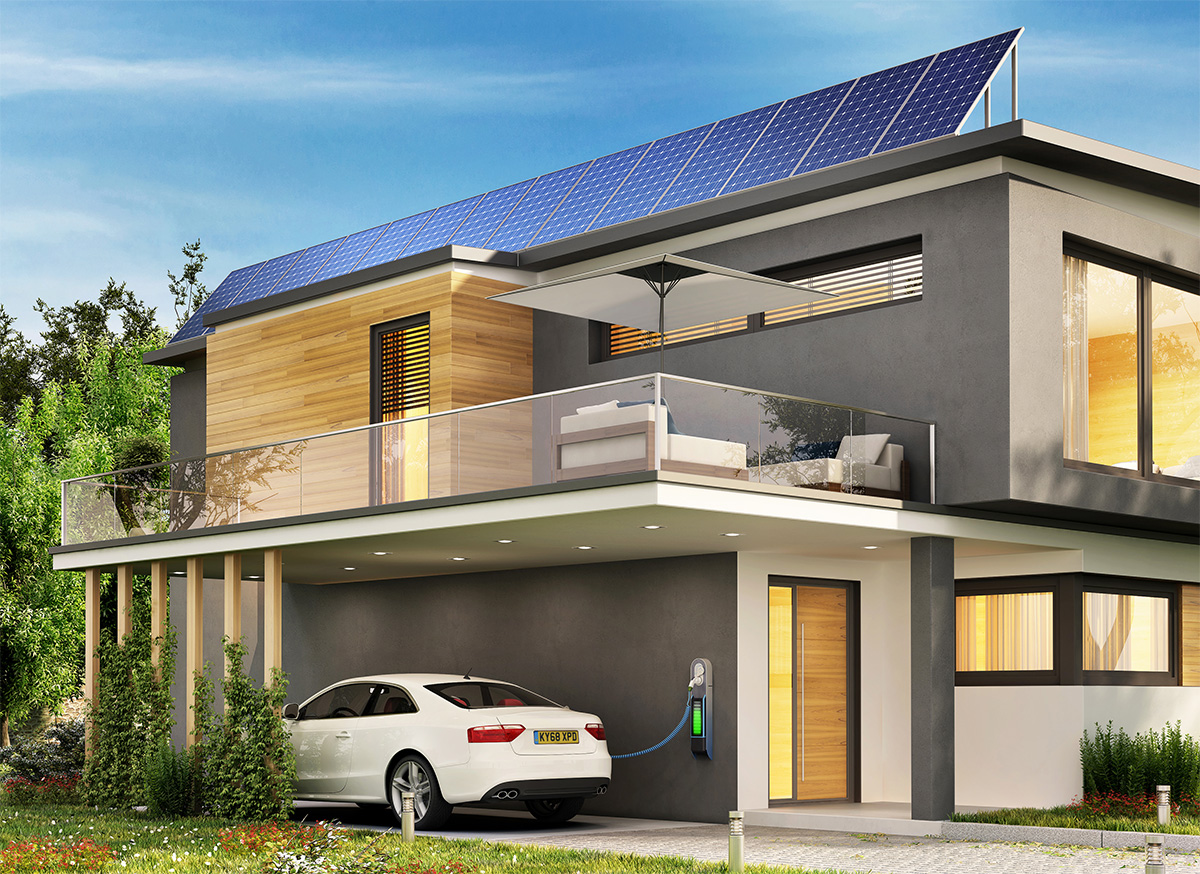23 November 2019
Asking consumers to opt out of smart charging rather than opt in.
To ensure that the benefits of smart charging – to the user and the system as a whole – are realised in the short-term and that less engaged consumers participate, smart charging should be the default from which consumers can opt out if they wish.
By increasing participation in smart charging, this will deliver direct energy bill savings to the EV driver (when combined with a ‘time of use’ tariff) and indirect savings through reduced energy system costs, benefiting all energy bill payers.
Key considerations of this proposal include:
• To ensure that this proposal supports rather than hinders competition, companies should be given discretion on how to interpret and apply this proposal. A requirement for users to input their own default settings when they first set up their unit, for instance, could be a consumer-friendly way of determining appropriate defaults, however different providers may have alternative approaches that deliver a better consumer experience;
• An outcome-based approach – of shifting EV charging from on-peak to off-peak times – should be applied rather than setting a prescriptive default off-peak charging mode, as proposed in Government’s recent consultation on smart charging standards. This has the added advantage of increasing diversity, and reducing secondary peak risks;
• Consumers must remain in control of their charging preferences, therefore it must be easy for them to change the settings and opt out of the default, for instance by overriding the default or choosing a ‘charge now’ function;
• The minimum technical requirements set out in the Work Package 3 report provide for a time programme that could be pre-set and also a panel to allow the consumer to modify this setting;
• Further consultation (whether formal or informal) with chargepoint operators, chargepoint manufacturers, energy suppliers and aggregators will be needed to determine detailed proposals. This should be coordinated with BSI’s Energy Smart Appliance Publicly Available Standard work which is underway; and
• The proposal should be introduced as part of, and within the same timeframe as, Government’s device-level smart charging standards, which are expected to be set out in 2020 and enforced from 2021.
Require private EV chargepoints to charge smartly by default, thus making smart charging participation an opt-out function by 2021.
